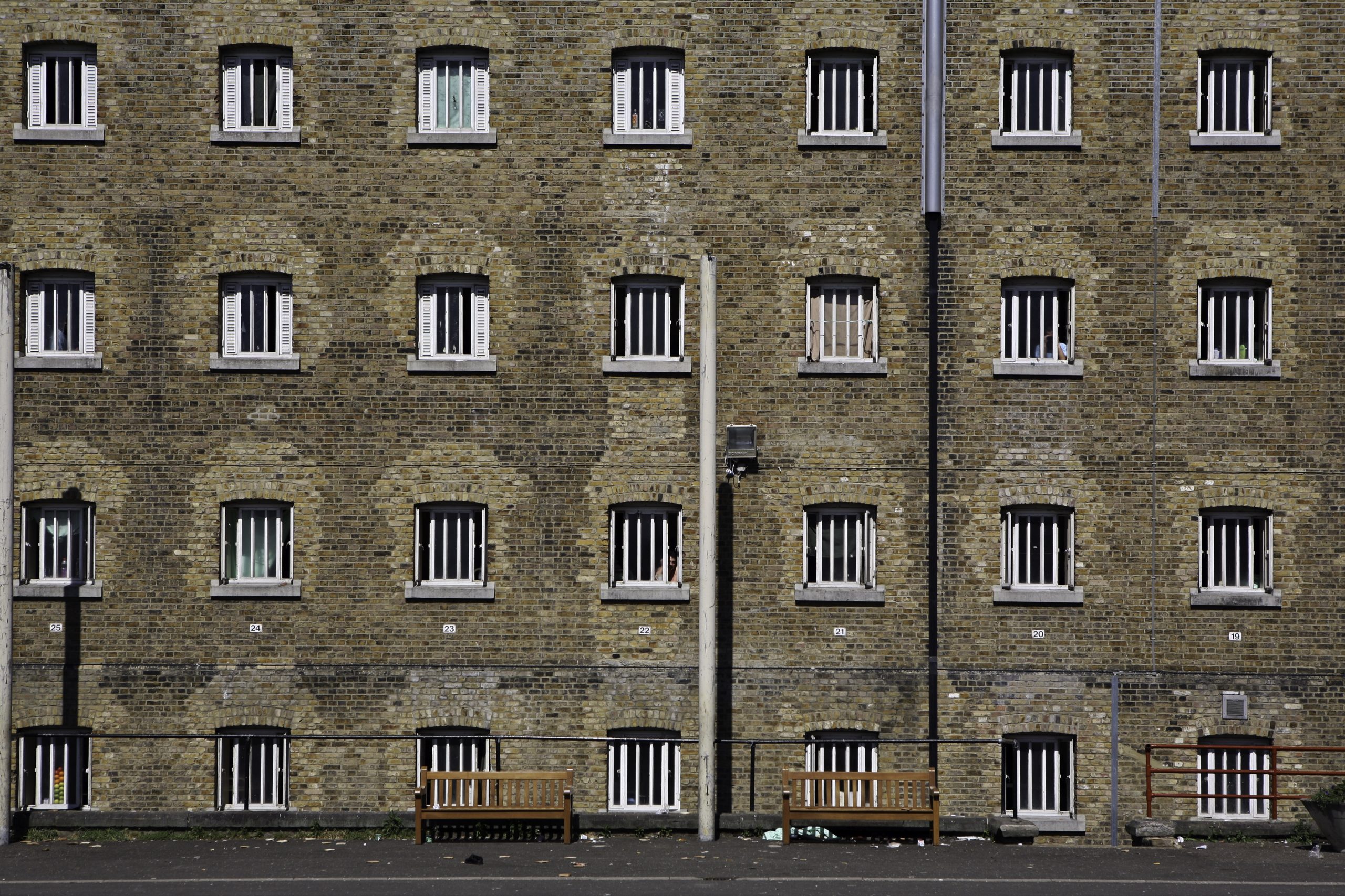A mother of three has been given a 28-month prison sentence for terminating a pregnancy outside the legal time limit.
In what has been criticised as an overly punitive application of UK abortion law, the woman was sentenced at Stoke-on-Trent Crown Court on Monday, for ‘administering poison with intent to procure a miscarriage’. The law under which she was sentenced dates back to 1861.
During the early stages of the pandemic, the woman contacted the British Pregnancy Advisory Service (BPAS) who were able to provide abortion medication via post to avoid spreading Covid-19. The court heard that she lied to the telephone advisor in order to procure the drugs, and took them when she was around seven months pregnant. Evidence including her internet search history showed that she knew she was over the legal time-limit for an abortion, although as she was not able to attend a clinic for a scan she did not know by exactly how much.
Criticism of the judgment has been widespread, with many questioning the public interest of imprisoning a mother of three who is unlikely to reoffend. The sentence seems to go against Sentencing Council guidelines, which advise against custodial sentences for cases where the impact on dependants would be ‘disproportionate to achieving the aims of sentencing’. The Judge advised that he had taken mitigating circumstances, including the fact that one of the children has special needs and will struggle without their mother’s care and support, into consideration.
The judge added in his remarks that had the woman pled guilty in the Magistrates Court, the sentence would likely have been suspended. He said this was ‘among the many tragedies of the case’, raising questions about the extent to which the woman is being punished for receiving poor legal advice.
Abortion in the UK is governed by 1967 legislation which grants medical professionals an exception to the 1861 Offences Against the Person Act, which outlawed the procedure. Under the Abortion Act, doctors can provide abortions where they believe several legal tests are satisfied.
Due to the existence of regulated abortion services in the UK the law is generally interpreted to be lenient, provided a woman is within the legal 24-week time limit. However, this cases raises questions about the continuing existence of a harsh criminal law, enacted in the Victorian era, in the regulation of a common and safe medical procedure.
Politicians, campaign groups and medical organisations have come forward to criticise the severity of this sentence.
Stella Creasy MP said ‘This case reveals bitter truth contrary to what some claim abortion is not legal in England – and you can be prosecuted for having one. No other healthcare procedure has such a status. No other patient group would be treated this way. It’s time to change law and trust women.’
BPAS released a statement calling for the law to be changed, referring to the case of a young mother who was prosecuted last year after her own medical team referred her to the police, and that of a 15 year old girl who was accused of having an illegal abortion after a stillbirth and was driven to self-harm. They have planned a march this weekend, with with the Women’s Equality Party and the Fawcett Society, to call for the law to be reformed.
Caroline Nokes MP, Chair of the Women and Equalities Committee confirmed on Monday night that she supported legal reform. She tood The World Tonight: ‘We heard from the judge in this case that he believed there was a clear case for parliament to reconsider the legislation surrounding abortion, I think he has a valid point. This is not something that has been debated in any great detail for many years now and cases like this, although tragic and fortunately very rare, do throw into stark relief that we do rely on legislation that is very very out of date’.







